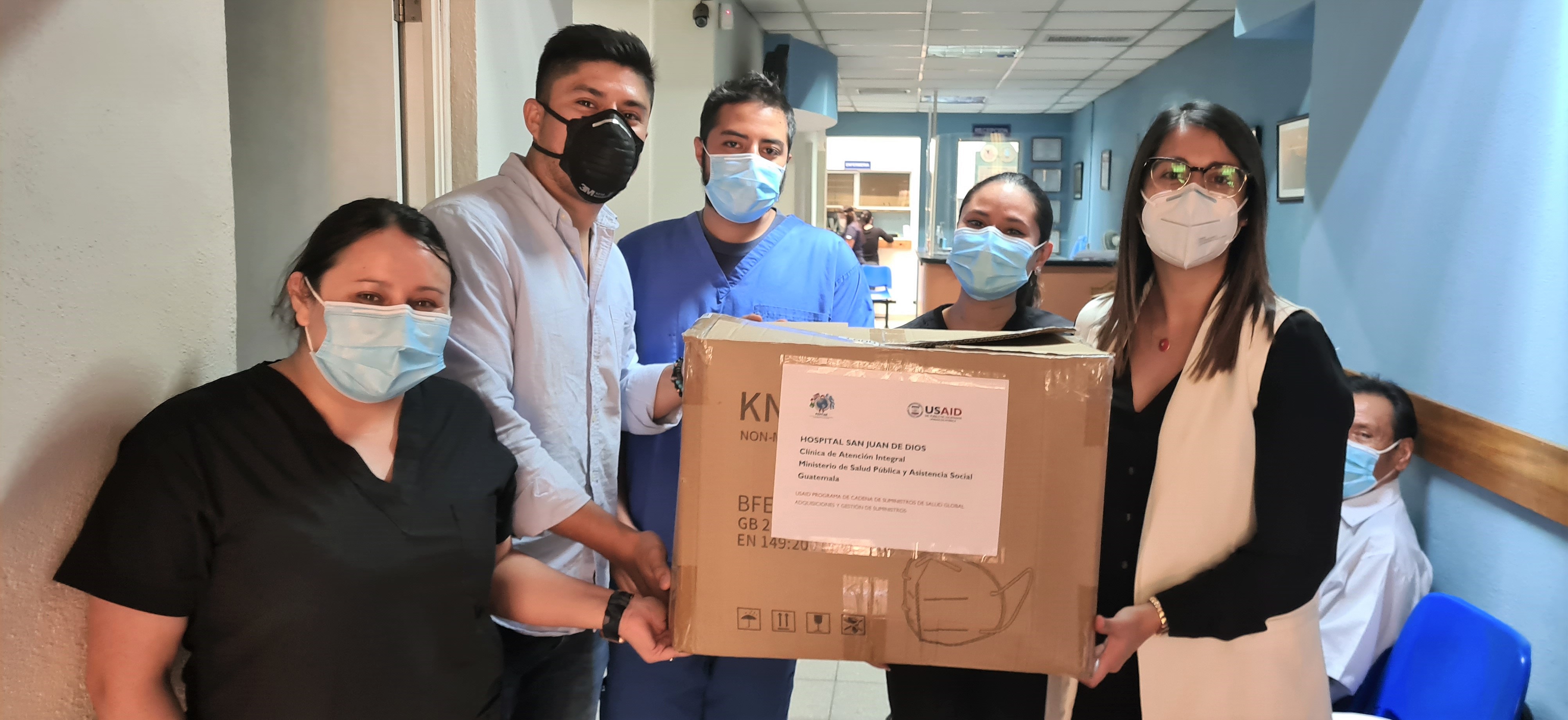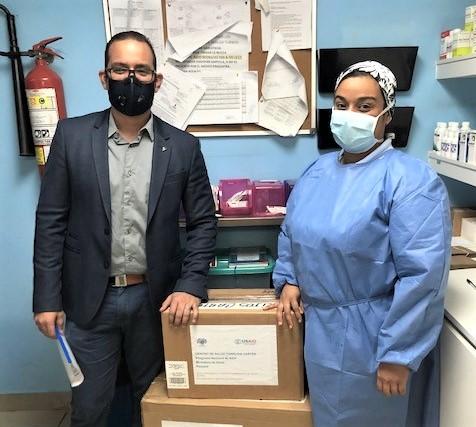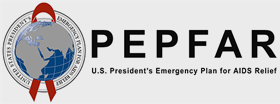During September and October of 2020, GHSC-PSM delivered to:
- El Salvador: 4,000 KN95 and 5,000 surgical masks to seven hospitals prioritized by PEPFAR/USAID, the central warehouse, HIV mobile units, the National AIDS Program and the Logistics Management Unit
- Guatemala: 2,975 KN95 and 7,700 surgical masks to seven hospitals prioritized by PEPFAR/USAID, the central warehouse, the National AIDS Program and the Logistics Management Unit
- Honduras: 2,340 KN95 and 2,440 surgical masks ten hospitals prioritized by PEPFAR/USAID, the central warehouse, the central HIV laboratory and the Logistics Management Unit
- Panama: 8,060 KN95 and 12,000 surgical masks to five hospitals in the MOH and two hospital in the Social Security Institute prioritized by PEPFAR/USAID.
By helping protect staff from COVID-19 in essential laboratories, pharmacies, storage facilities and other key sites, the masks served to protect the HIV/AIDS supply chain and ensure a reliable supply of life-saving commodities. An additional 3,830 masks are planned for delivery to Honduras, 5,840 to El Salvador and 15,210 masks to Guatemala in January 2021.




